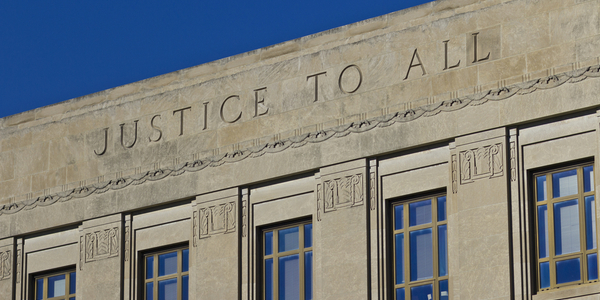Barriers to Justice in the United States
There is a civil justice crisis in the United States. It might look like a family wrongfully evicted from their home, a homeless veteran with untreated PTSD, or a woman unsafe in her own home because she cannot escape her abuser. Many faces and stories comprise this crisis, but the common thread is a civil justice system that fails to meet America’s promise of equal justice under law.
Every year, Americans encounter life-changing problems that they cannot resolve because of barriers in accessing our civil justice system. At some point, most people have a problem like a divorce or wrongful treatment by a landlord or debt collector and need a legal solution. But millions lose their cases in civil court, not because they have done something wrong, but because they do not have the legal information or assistance they need.
This crisis – the disparity between the need for and the availability of legal assistance – is deepening. State studies consistently show that 80 percent of the civil legal needs of low-income Americans are not being met. Equal justice is an American ideal, but too often, low-income people who seek to protect their families, their homes and their livelihoods must face their civil legal problems alone.



